Chia seeds and flaxseeds are tiny nutritional powerhouses that offer significant low-glycemic index (GI) benefits and are prized for their exceptional nutritional profiles. These seeds are rich in soluble fiber, which slows down digestion and the absorption of carbohydrates, leading to a gradual release of glucose into the bloodstream and helping to stabilize blood sugar levels. Additionally, both chia seeds and flaxseeds contain healthy fats, including omega-3 fatty acids, which have anti-inflammatory properties and are beneficial for heart health. These seeds also provide a good source of protein, vitamins, minerals, and antioxidants, further enhancing their nutritional value. Incorporating chia seeds and flaxseeds into the diet can be beneficial for individuals looking to manage blood sugar levels, promote heart health, and support overall well-being. They can be easily added to a variety of foods and beverages, such as smoothies, yogurt, oatmeal, salads, baked goods, and more, making them convenient and versatile ingredients for a healthy diet.
Table of Contents
What Are Chia Seeds?
Chia seeds are tiny, oval-shaped seeds that come from the Salvia hispanica plant, which is native to Mexico and Guatemala. They have been cultivated and consumed for centuries, dating back to ancient Aztec and Mayan civilizations, where they were prized for their nutritional and medicinal properties. Chia seeds are rich in fiber, protein, healthy fats (including omega-3 fatty acids), vitamins, minerals (such as calcium, phosphorus, and magnesium), and antioxidants. They are known for their ability to absorb liquid and form a gel-like consistency when soaked in water, making them a versatile ingredient in recipes ranging from smoothies and puddings to baked goods and savory dishes. Chia seeds are often used as a plant-based source of protein and omega-3 fatty acids, making them a popular choice among those following vegetarian, vegan, or plant-based diets. Additionally, chia seeds are gluten-free, making them suitable for individuals with gluten intolerance or celiac disease. Overall, chia seeds are valued for their nutritional benefits and culinary versatility, making them a popular addition to healthy diets around the world.
What Are Flaxseeds?
Flaxseeds, also known as linseeds, are small, oval-shaped seeds derived from the flax plant, scientifically known as Linum usitatissimum. They have a nutty flavor and a slightly crunchy texture, and they are prized for their impressive nutritional profile. Flaxseeds are rich in dietary fiber, particularly soluble fiber, which helps promote digestive health and regulate bowel movements. They are also an excellent source of alpha-linolenic acid (ALA), a type of omega-3 fatty acid that is beneficial for heart health and inflammation reduction. Additionally, flaxseeds are packed with lignans, which are plant compounds with antioxidant properties that may help lower the risk of certain chronic diseases, including heart disease and cancer. Flaxseeds are gluten-free and rich in protein, vitamins, and minerals such as manganese, magnesium, and phosphorus. They can be consumed whole, ground, or in the form of flaxseed oil, and they are commonly added to smoothies, yogurt, oatmeal, baked goods, and salads to boost their nutritional content. Overall, flaxseeds are regarded as a superfood due to their numerous health benefits and versatility in culinary applications.
Chia Seeds or Flaxseeds, which is better?
Both chia seeds and flaxseeds offer impressive nutritional benefits and can be valuable additions to a healthy diet. However, the choice between the two ultimately depends on individual preferences, dietary needs, and intended culinary uses. Here's a comparison:
- Nutritional Profile: Chia seeds and flaxseeds are both rich in essential nutrients such as fiber, healthy fats (including omega-3 fatty acids), protein, vitamins, minerals, and antioxidants. However, flaxseeds are particularly notable for their high ALA content, while chia seeds are known for their abundant soluble fiber and calcium content.
- Omega-3 Fatty Acids: Flaxseeds are one of the best plant-based sources of ALA, a type of omega-3 fatty acid, whereas chia seeds also contain ALA but in smaller amounts. Therefore, if you're specifically looking to increase your omega-3 intake, flaxseeds may be the preferred choice.
- Fiber Content: Both chia seeds and flaxseeds are excellent sources of dietary fiber, but chia seeds contain more soluble fiber, which can aid in digestion and promote a feeling of fullness. If you're seeking to boost your fiber intake, chia seeds may be slightly more beneficial in this regard.
- Culinary Uses: Chia seeds and flaxseeds can be used interchangeably in many recipes, including smoothies, yogurt, oatmeal, baked goods, and salads. However, chia seeds have the unique ability to absorb liquid and form a gel-like consistency, making them suitable for thickening puddings, jams, and sauces.
- Storage and Shelf Life: Both chia seeds and flaxseeds have relatively long shelf lives when stored in a cool, dry place. However, flaxseeds are more prone to oxidation and may benefit from refrigeration or storage in an airtight container to maintain freshness.
Chia Seeds and Flaxseeds- Low-GI Properties:
Here's a detailed look at the benefits of these tiny seeds:
- Low-GI Properties: Both chia seeds and flaxseeds have a low-glycemic index, meaning they cause a gradual and steady increase in blood sugar levels after consumption. This is particularly beneficial for individuals with diabetes or those looking to manage their blood sugar levels.
- Rich in Fiber: Chia seeds and flaxseeds are excellent sources of dietary fiber, including soluble and insoluble fiber. Soluble fiber helps slow down digestion and the absorption of carbohydrates, promoting a feeling of fullness and helping to stabilize blood sugar levels. Insoluble fiber adds bulk to stools and supports digestive health.
- Healthy Fats: Both chia seeds and flaxseeds are rich in healthy fats, including omega-3 fatty acids. Omega-3 fatty acids have anti-inflammatory properties and are important for heart health, brain function, and overall well-being.
- Plant-Based Protein: Chia seeds and flaxseeds are good sources of plant-based protein, making them suitable options for vegetarians, vegans, and those looking to reduce their intake of animal products. Protein helps support muscle repair and growth, aids in weight management, and contributes to satiety.
- Nutrient Density: Despite their small size, chia seeds and flaxseeds are packed with essential nutrients. They are rich in vitamins, including vitamin E and various B vitamins, as well as minerals such as calcium, magnesium, phosphorus, and zinc. Additionally, they contain antioxidants, which help protect cells from damage caused by free radicals.
- Versatility: Chia seeds and flaxseeds are incredibly versatile and can be easily incorporated into a wide range of dishes. They can be sprinkled over yogurt, oatmeal, or salads, added to smoothies or baked goods, used as a binding agent in recipes, or even used to make homemade pudding or energy bars.
- Gut Health: The fiber content in chia seeds and flaxseeds promotes a healthy digestive system by supporting regular bowel movements and nourishing beneficial gut bacteria. This can help improve overall gut health and may reduce the risk of digestive issues such as constipation and diverticulitis.
Chia Seeds or Flaxseeds: Which Is Better For Diabetics?
Both chia seeds and flaxseeds offer impressive nutritional benefits and can be valuable additions to a healthy diet. However, the choice between the two ultimately depends on individual preferences, dietary needs, and intended culinary uses. Here's a comparison:
- Nutritional Profile: Chia seeds and flaxseeds are both rich in essential nutrients such as fiber, healthy fats (including omega-3 fatty acids), protein, vitamins, minerals, and antioxidants. However, flaxseeds are particularly notable for their high ALA content, while chia seeds are known for their abundant soluble fiber and calcium content.
- Omega-3 Fatty Acids: Flaxseeds are one of the best plant-based sources of ALA, a type of omega-3 fatty acid, whereas chia seeds also contain ALA but in smaller amounts. Therefore, if you're specifically looking to increase your omega-3 intake, flaxseeds may be the preferred choice.
- Fiber Content: Both chia seeds and flaxseeds are excellent sources of dietary fiber, but chia seeds contain more soluble fiber, which can aid in digestion and promote a feeling of fullness. If you're seeking to boost your fiber intake, chia seeds may be slightly more beneficial in this regard.
- Culinary Uses: Chia seeds and flaxseeds can be used interchangeably in many recipes, including smoothies, yogurt, oatmeal, baked goods, and salads. However, chia seeds have the unique ability to absorb liquid and form a gel-like consistency, making them suitable for thickening puddings, jams, and sauces.
- Storage and Shelf Life: Both chia seeds and flaxseeds have relatively long shelf lives when stored in a cool, dry place. However, flaxseeds are more prone to oxidation and may benefit from refrigeration or storage in an airtight container to maintain freshness.
Best Ways To Consume Chia Seeds and Flaxseeds:
Chia seeds and flaxseeds are versatile ingredients that can be easily incorporated into various dishes to boost their nutritional content. Here are some delicious and nutritious ways to consume chia seeds and flaxseeds:
- Smoothies: Add a tablespoon of chia seeds or ground flaxseeds to your favorite smoothie recipe for an extra nutritional boost. They will add thickness and texture while providing fiber, omega-3 fatty acids, and other essential nutrients.
- Oatmeal or Breakfast Porridge: Stir in chia seeds or ground flaxseeds into your morning oatmeal or breakfast porridge for added texture and nutrition. They'll help make your breakfast more filling and satisfying, while also providing a healthy dose of fiber and omega-3 fatty acids.
- Yogurt Parfait: Layer Greek yogurt with fresh fruit, granola, and a sprinkle of chia seeds or ground flaxseeds for a nutritious and delicious parfait. This makes for a satisfying breakfast or snack option that's rich in protein, fiber, and essential nutrients.
- Baked Goods: Incorporate chia seeds or ground flaxseeds into baked goods such as muffins, bread, pancakes, and cookies. They can be used as an egg substitute in vegan baking recipes or added directly to the batter for extra texture and nutrition.
- Salads: Sprinkle chia seeds or ground flaxseeds over salads to add a crunchy texture and nutty flavor. They can also be mixed into salad dressings for added thickness and nutritional benefits.
- Homemade Energy Bars: Make your own energy bars or protein bars using chia seeds, flaxseeds, nuts, dried fruit, and other wholesome ingredients. These homemade snacks are perfect for on-the-go and provide a healthy dose of energy and nutrients.
- Chia Seed Pudding: Mix chia seeds with your choice of milk (such as almond milk or coconut milk) and sweetener, then let it sit in the refrigerator overnight to thicken into a creamy pudding. Top with fresh fruit, nuts, or coconut flakes for a delicious and nutritious dessert or snack.

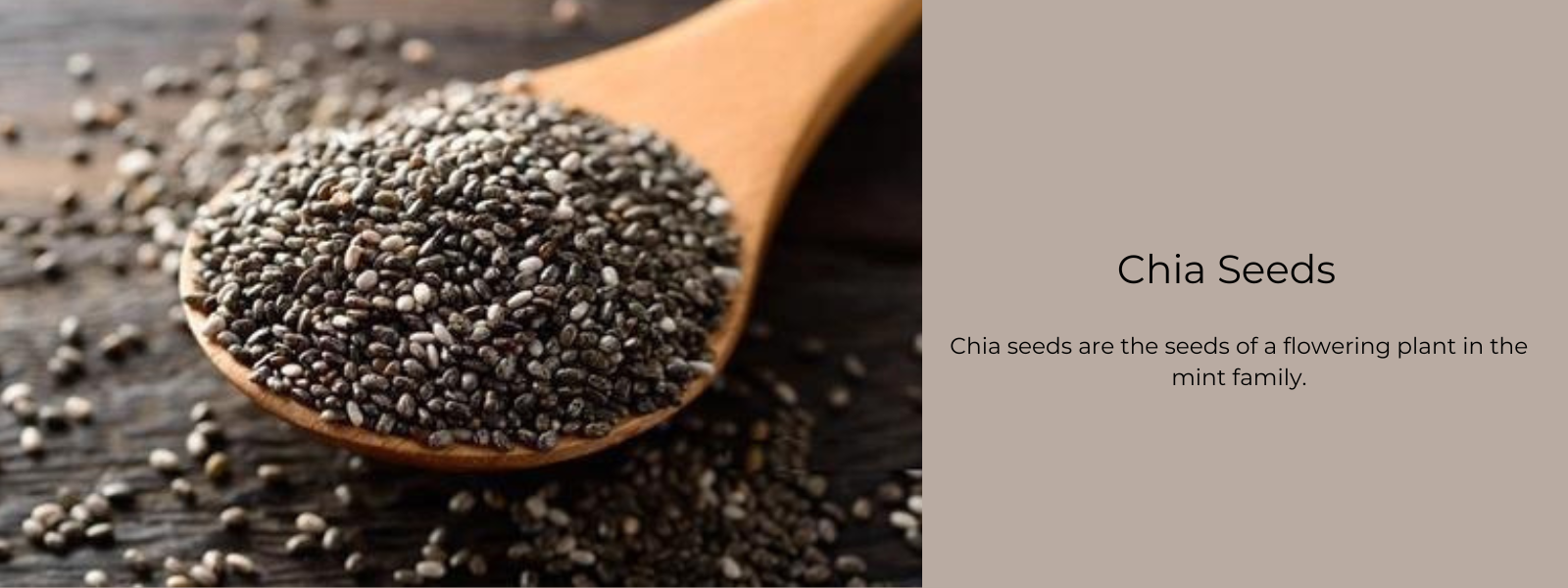
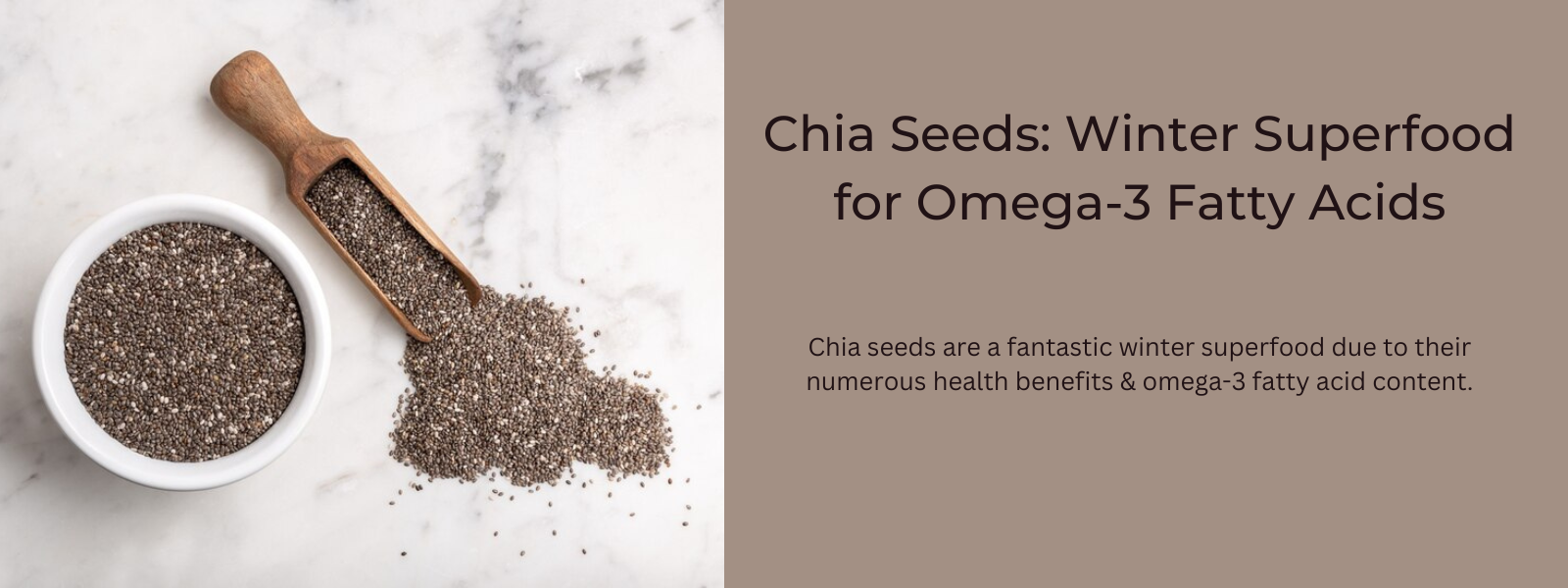
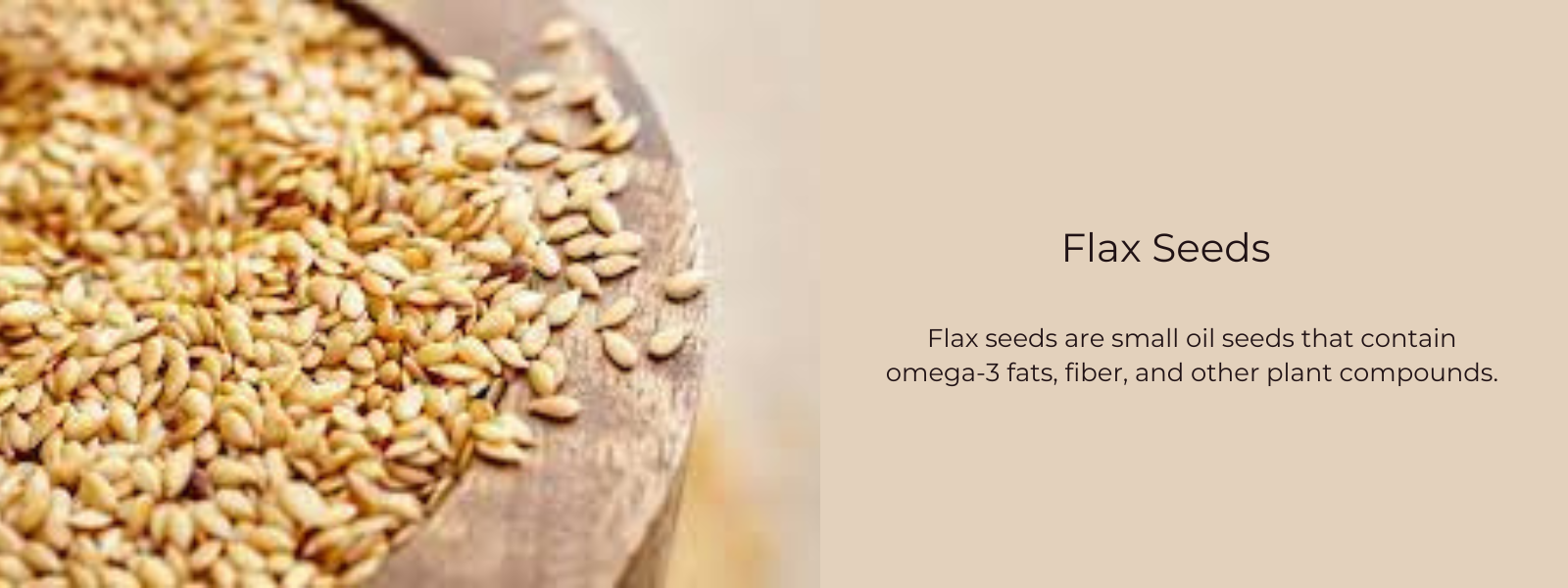
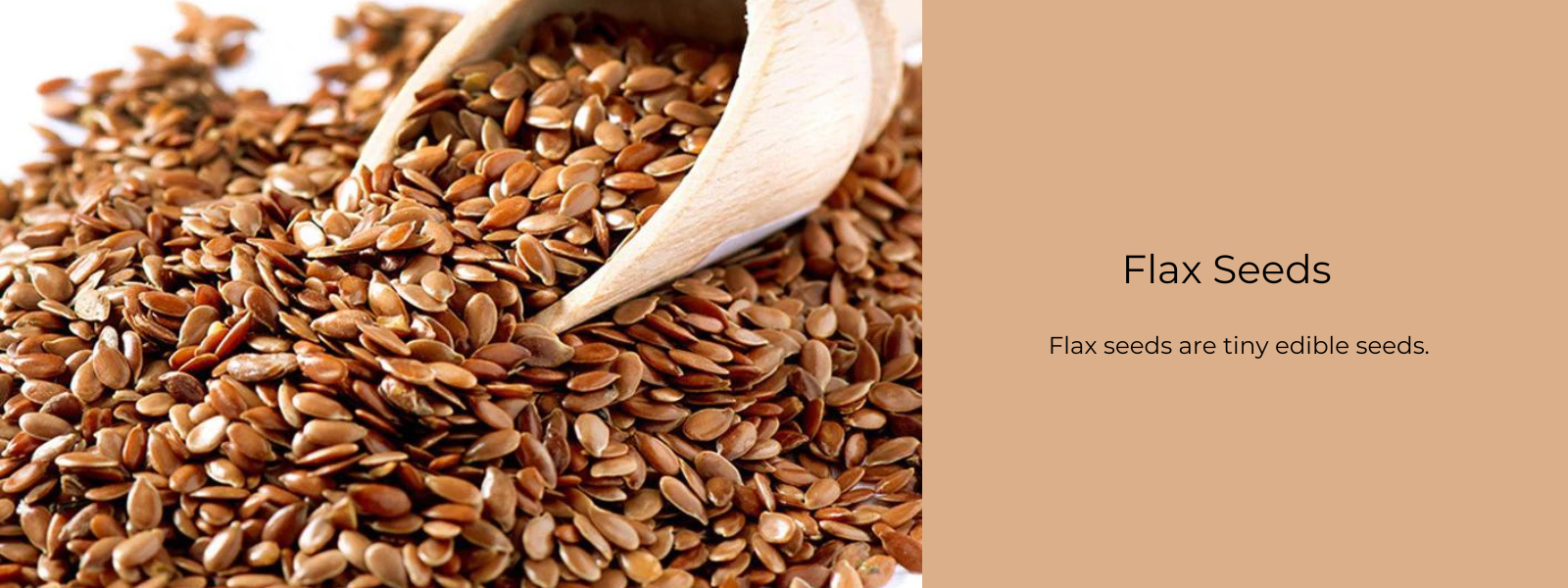
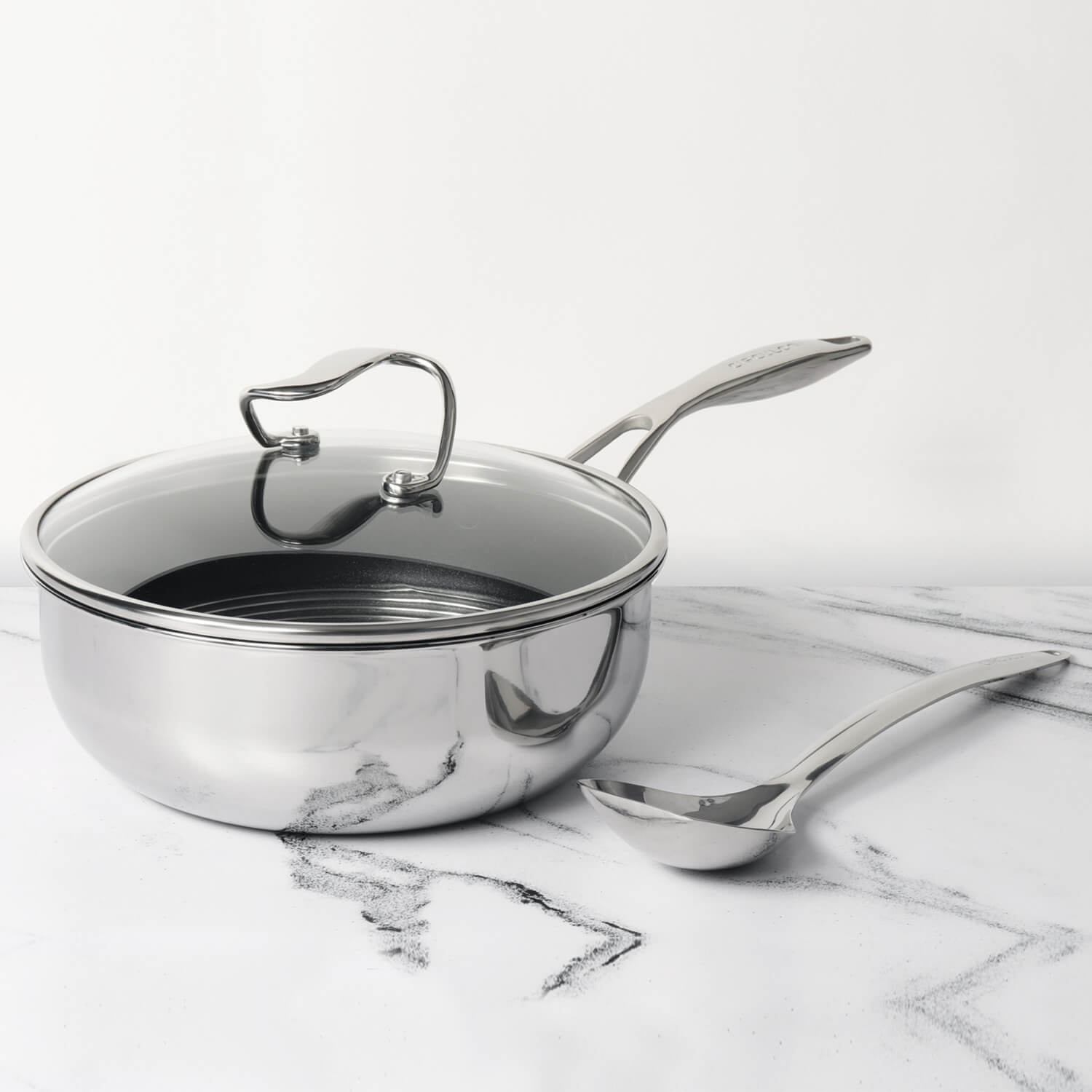
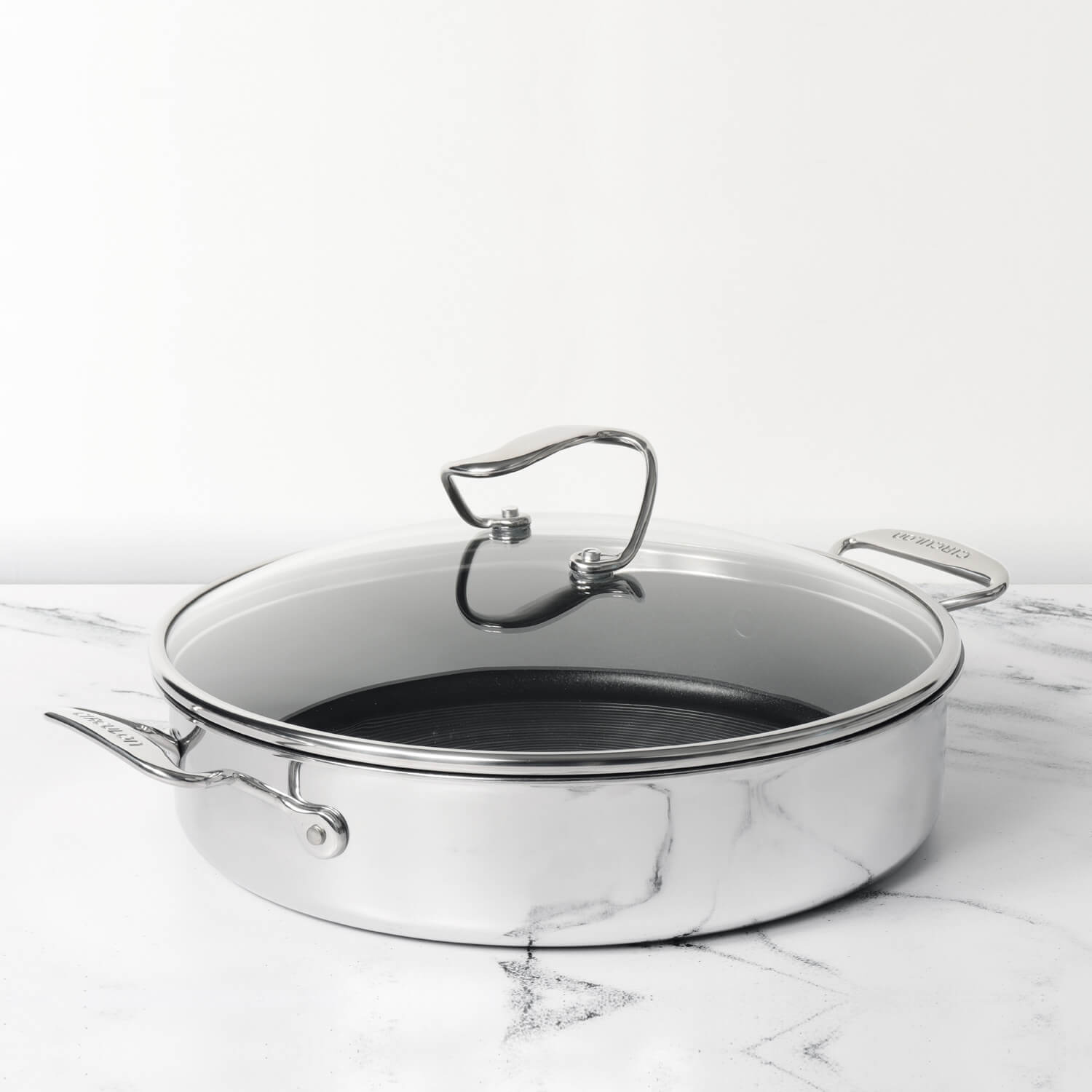




Leave a comment